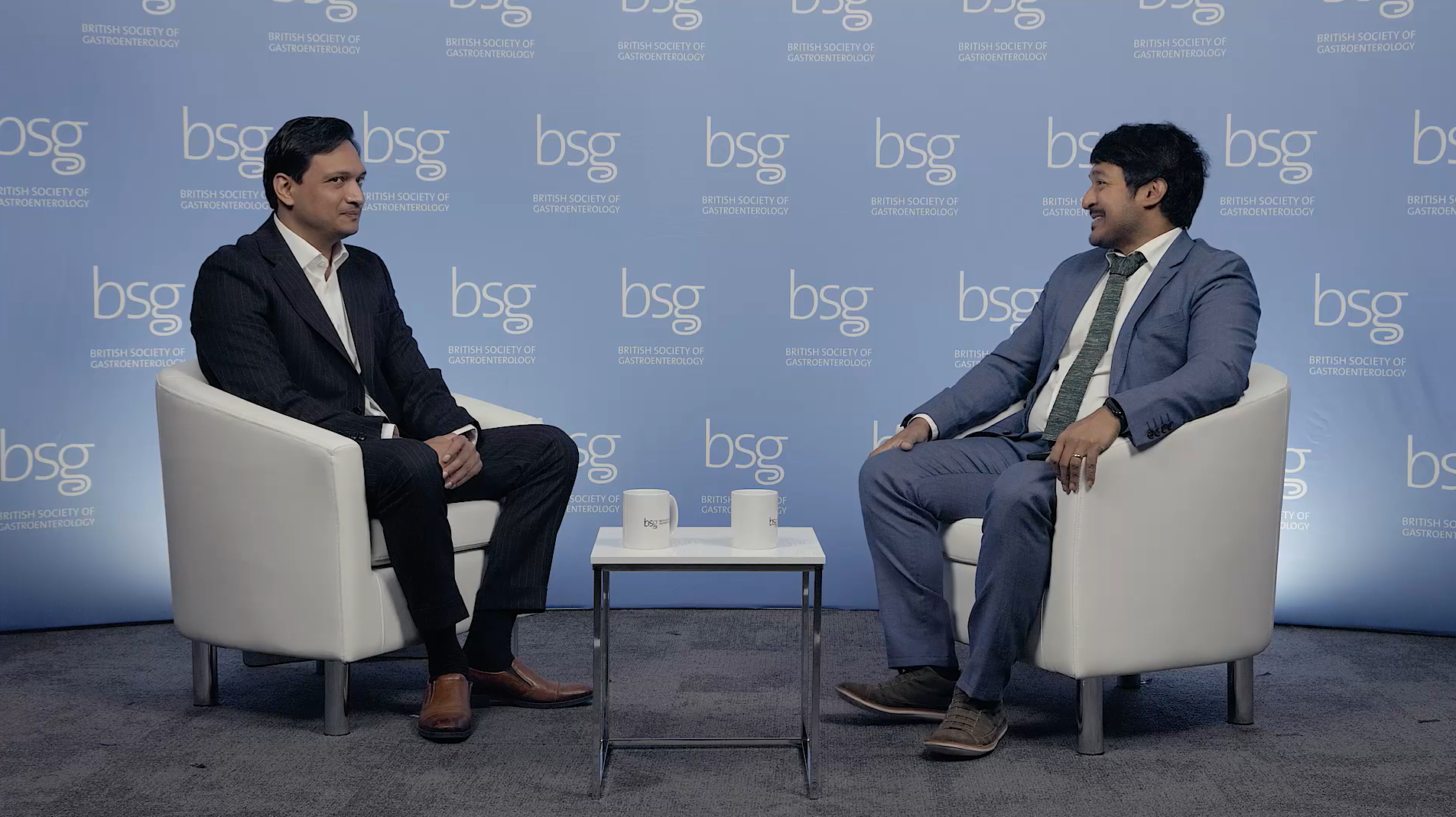The bowel cancer screening strategies rely on the long time a polyp takes before progressing to cancer by early detection and removal of polyps. Although polypectomy comes with risks of some significant complications such as bleeding and perforation, or cardio/cerebrovascular accidents due to stopping anticoagulation, the risk is deemed small compared to the benefit of cancer prevention. This risk benefit equation changes in patients with advanced age or multiple co-morbidities whose life expectancy is reduced, and the polyp(s) might not progress to symptomatic malignancy in their lifetime, and the risk of complications as well as consequences of complications are much more significant in this group of patients due to loss of physiological reserves.
This new BSG ACP guidance developed by a multidisciplinary guidance development group aims to provide a structural framework to support clinicians and the patients in decision making in such situations.
Biographies
Dr Ravi Ranjan
Dr Ravi Ranjan completed his speciality training in gastroenterology in Northeast of England and is doing an MD from Newcastle University. He is also working as a Consultant physician and gastroenterologist at University Hospital of North Tees, Stockton-on-Tees. He was the co-ordinating member for the Guidance development group for the BSG/ACPGBI guidance on the management of colorectal polyps in patients with limited life expectancy.
Dr Jabed Ahmed
Dr Jabed Ahmed is a gastroenterology trainee from North West London. He is undertaking a PhD in robotic endoscopy and has an interest in advanced endoscopy. He is secretary for the BSG Colorectal Committee and Trainee Rep for the BSG Endoscopy CRG.
